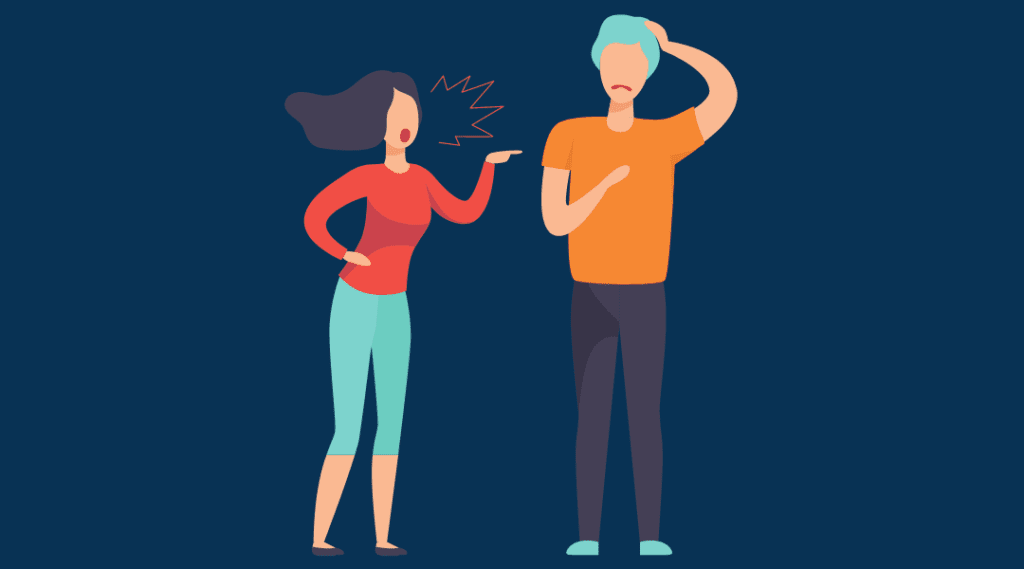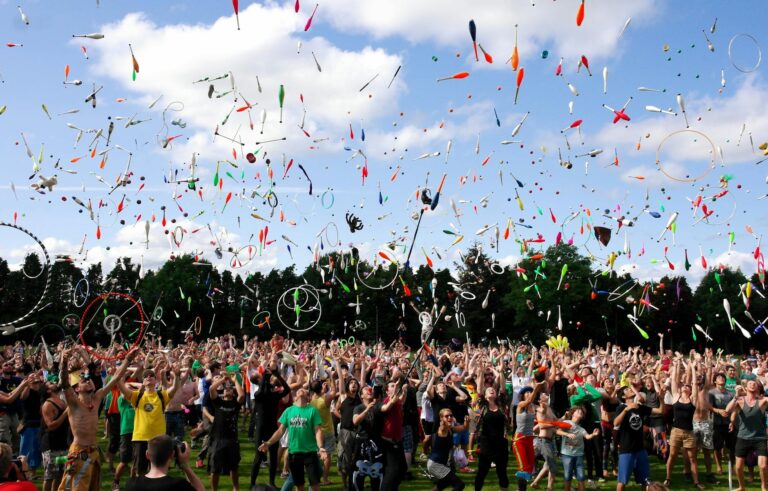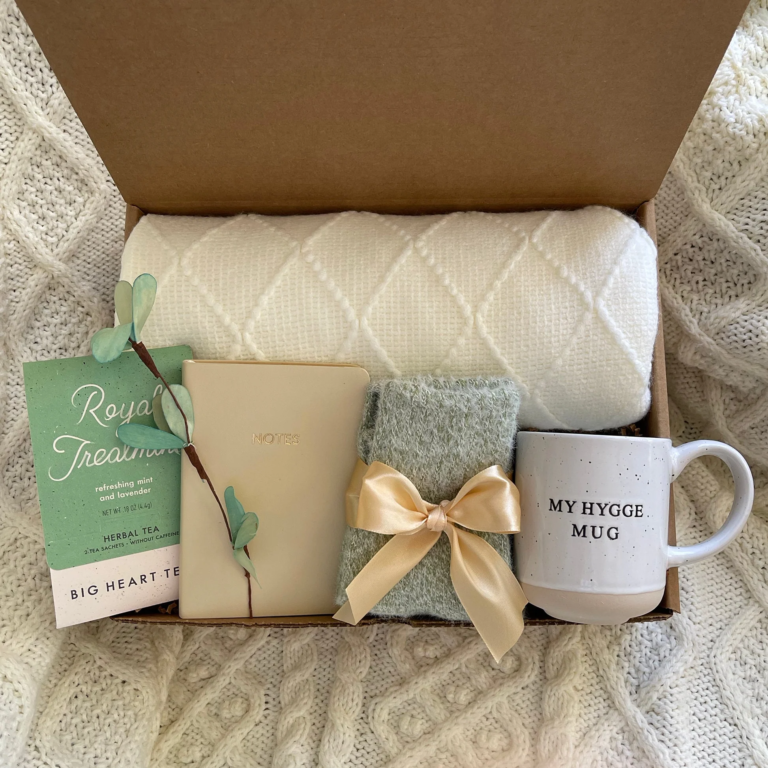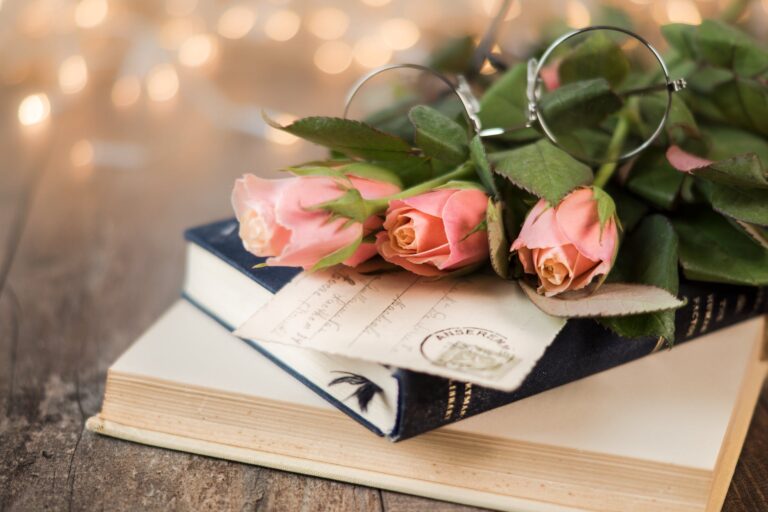Yes, friendships can be abusive too. Some people think abuse is limited to romantic relationships, but that because it’s more disguised in platonic relationships. Because of this confusion, I’m here to tell you about some behaviors are NOT normal, and shouldn’t go unnoticed in friendships.
Recognizing the Signs
Friendship, at its core, should be a thing of trust, respect, and mutual understanding. However, the thin line between healthy disagreement and manipulation can sometimes be blurry. Here are some *subtle* signs of an abusive friendship you should watch out for:
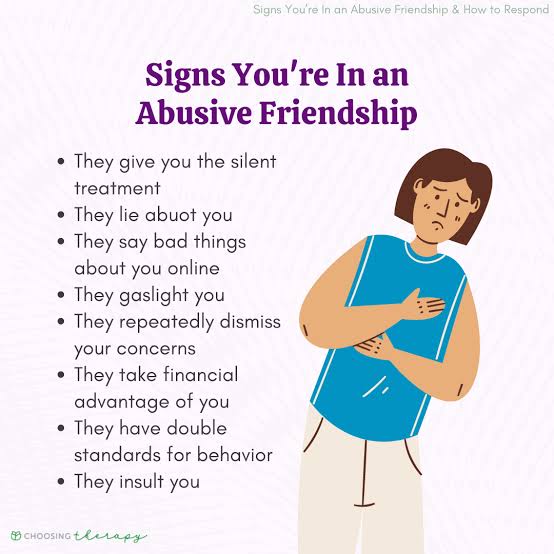
- Isolation Tactics: Abusive friends may gradually isolate you from other social circles, making you increasingly dependent on their sole friendship. They may get jealous when you get close to someone else, causing you to feel bad for them and always stick by their side. Recognize when your friendships affect your connections with others.
- Constant Criticism: Constructive criticism can help you become a better person, but persistent negativity is a red flag. If your friend consistently undermines your achievements or belittles you, it may just be them being jealous of you or trying to bring you down.
- Emotional Manipulation: A manipulative friend might exploit your emotions to gain control, just like how an abusive partner may do. Try to watch out for guilt-tripping, gaslighting, or emotional blackmail, because these could all be signs of an abusive friendship.
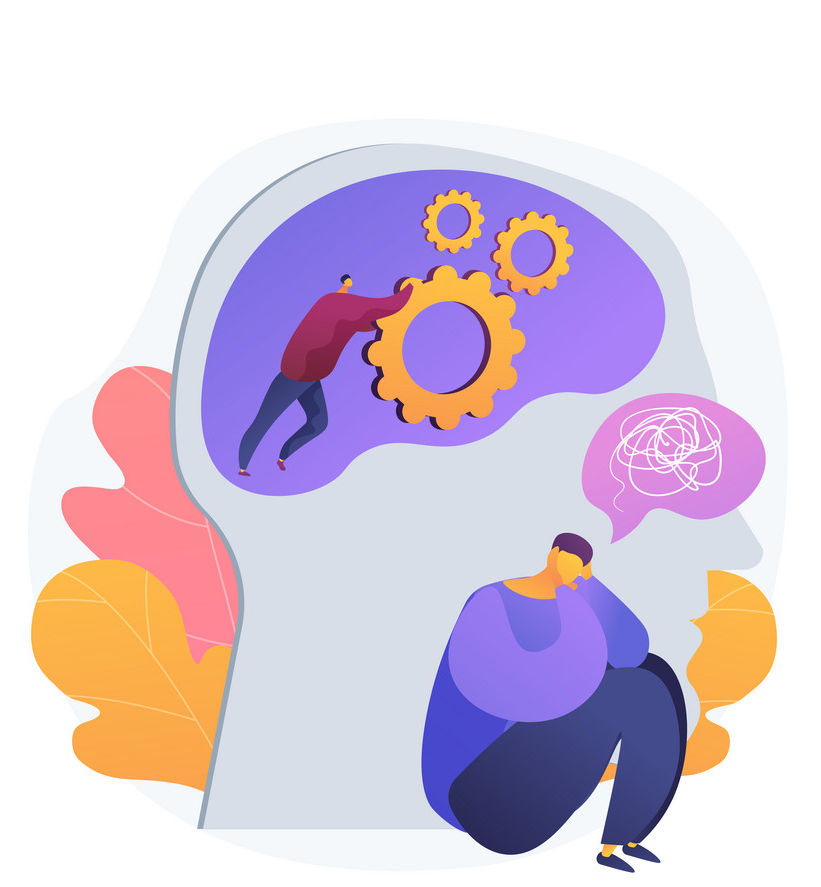
Protecting Yourself and Setting Boundaries
Setting clear boundaries is one of the most important things you can learn to do for yourself, whether it’s with friends, family members, or strangers, it’s definitely something you should do with everyone you meet. Now that you know the red flags, you have to take actions to protect yourself from them.
- Clear Communication: Engage in open and honest conversations about your feelings and expectations within the friendship. Establishing clear boundaries early on can prevent misunderstandings and potential abuse in the future.
- Prioritize Self-Care: Understand that your well-being is the most important thing. If a friendship consistently drains your energy or compromises your mental health, focus on yourself and reassess the relationship. IF THE FRIENDSHIP IS DRAINING, YOU DON’T NEED IT IN YOUR LIFE.
- Trust Your Intuition: Trust. Your. Gut. Gut feelings often serve as silent alarms. If something feels weird, don’t brush it off. Surround yourself with friends who uplift and support you rather than those who cause you anxiety and distress.
Red Flags That You Should Run Away From Immediately
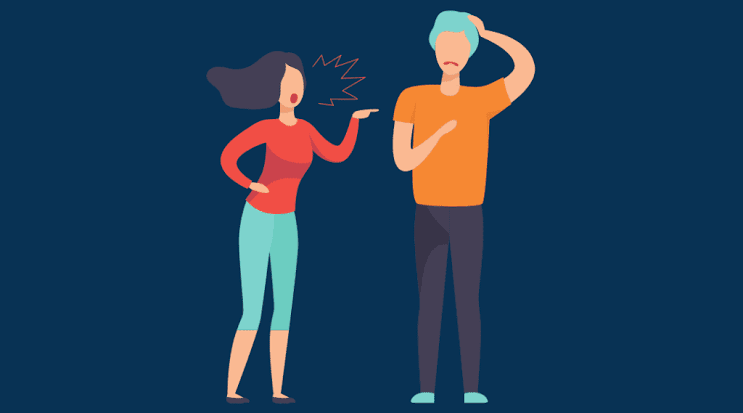
Need I say anymore?
- Physical or Verbal Abuse: Any form of physical or verbal abuse is unacceptable. If a friend crosses this line, know that they do not care about how you feel and remove yourself from the situation and friendship as a whole.
- Consistent Disrespect: It’s okay to tease each other, but if your friend is constantly disrespecting you and your boundaries, values, or autonomy, maybe it’s time to reassess the friendship.
- Lack of Empathy: Empathy is one of the most important traits we have as humans. If your friend displays a consistent lack of empathy towards your struggles and emotions, it may mean they flat out don’t care, and won’t be there for you to lean on when you may need them.
Seeking Support and Healing
If you’ve become aware that you were in an abusive friendship, then it’s time to get some support. You deserve it.
- Talk to Someone: Share your experiences with someone you trust, whether it’s a friend, family member, mental health professional. Talking about your concerns can help you gain peace of mind and gain emotional support.
- Create Distance: Like setting boundaries, create emotional and physical distance between you and the abuser. This gives you space to reflect on the friendship and prioritize your well-being.
- Make Healthy Connections: Surround yourself with friends who radiate positivity, respect your boundaries, and contribute to your personal growth. Healthy friendships are very important to your overall happiness and success.
Friendships should be a source of strength, joy, and shared growth. Recognizing the signs and red flags of an abusive friendship is important not only to keep yourself protected, but to help you set standards for your future friendships too. By understanding the signs and red flags, we can make sure the friends we’re making are ones that we can keep forever, that will help us grow and become better people everyday.
Want to celebrate your friends? Here are 3 ways to do that..





